Centrica is providing a package of charging installations, aftersales services and infrastructure planning across the homes of ABB UK employees as it transitions to electrify its fleet by 2025.
ABB UK identified that business mileage was the second highest contributor to carbon emissions in 2019. Once the transition to an all-electric fleet is completed, the company estimates its carbon footprint could be reduced by around 20%.
ABB is a Centrica preferred supplier of AC home charging hardware, and ABB Terra charging hardware will be used exclusively for the project.
“To ensure ABB colleagues are able to charge cost effectively, we’ve begun to roll out ABB Terra home charging points to company car drivers,” said Jorge Pikunic, managing director of Centrica Business Solutions.
“Many organisations that have a home-based workforce are looking to transition to EV. We are providing answers to the question of what happens when engineers, company car, and delivery drivers need to charge their company vehicle at home, at the workplace, or on the road.”
David Hughes, ABB’s UK country managing director, explained that the technology firm’s business mileage in the UK last year was its second-highest source of carbon emissions.
“As part of our plans to achieve carbon neutrality in our own operations by 2030, we are committed to transitioning our company car fleet to all-electric fleet by 2025,” he said.
“With over 500 cars, this is a substantial investment and commitment to a sustainable future. Having an experienced partner on the journey like Centrica will ensure we get there as quickly as possible.”
Research by Centrica Business Solutions shows that investment in electric vehicles (EVs) by UK businesses is set to increase by almost 50% over the next two years, exceeding £12 billion.
The data showed that, in the two years since the Government announced a ban on the manufacture of petrol and diesel vehicles, businesses have spent an estimated £8.2bn on EV adoption.
But, over the next two years, this level of investment is set to increase by almost half (46%) – to £12bn – as firms accelerate the introduction of electric cars and vans into day-to-day operations.
UK businesses plan to spend an average of 4.5% of their annual turnover on EV adoption over the next two years according to the data, with more than a quarter (27%) of respondents expecting at least a fifth of the vehicles within their fleet to be electric by 2022.
Of those businesses that had already begun electrifying their fleets, the key drivers cited were pressure caused by Government emissions targets (37%), wanting to operate freely in ultra-low emissions zones (37%) and the lower maintenance costs of EVs compared to petrol and diesel-fuelled vehicles (33%).

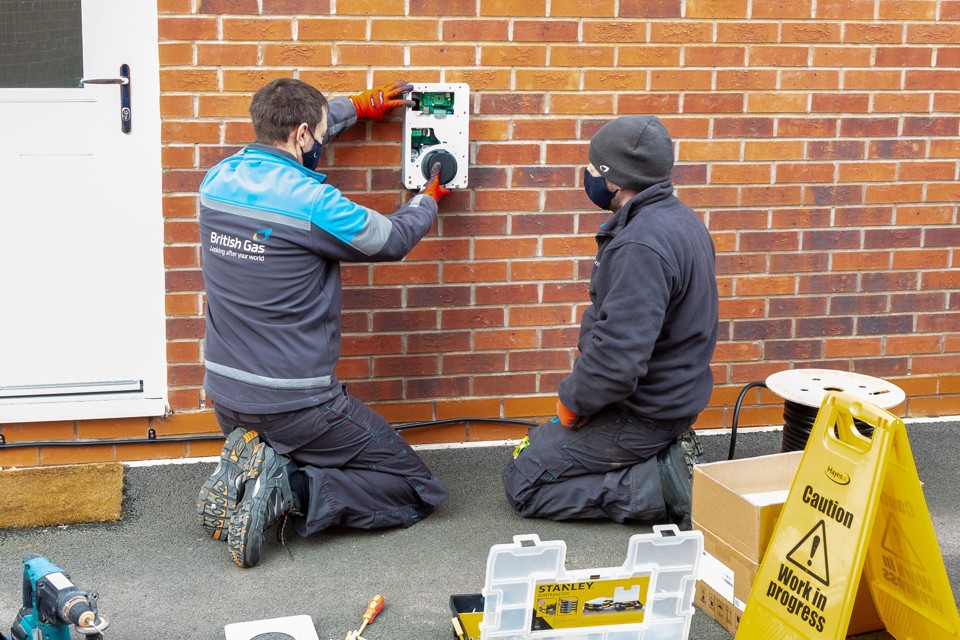



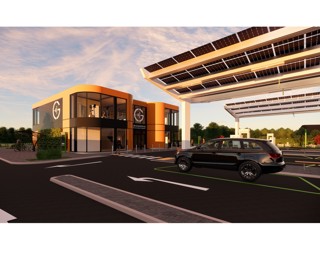
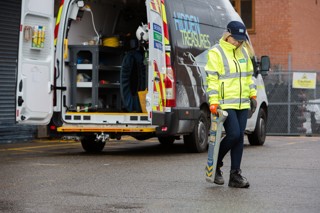

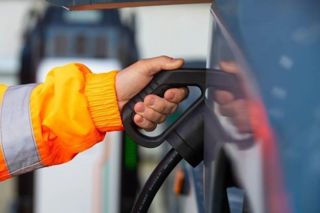
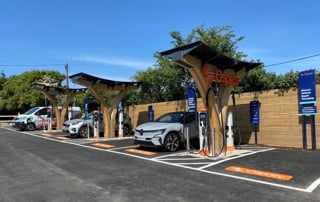












Login to comment
Comments
No comments have been made yet.